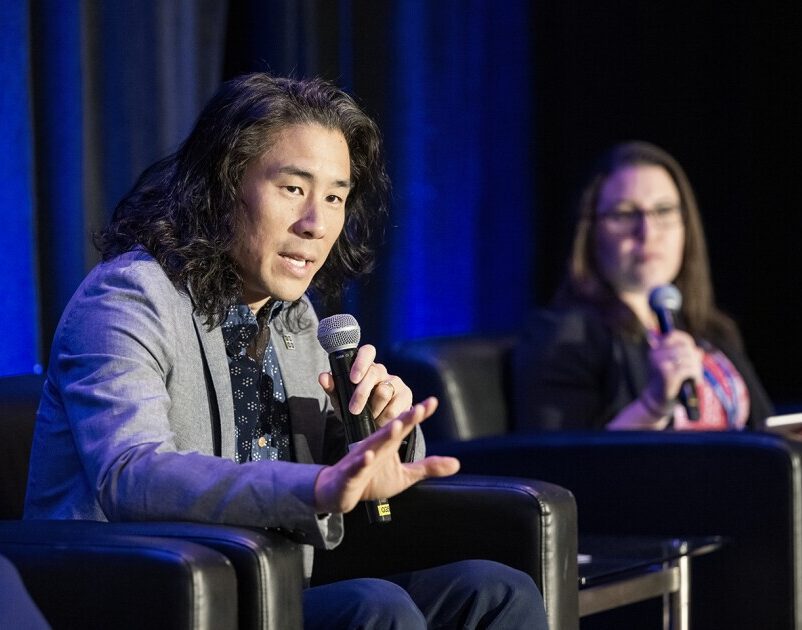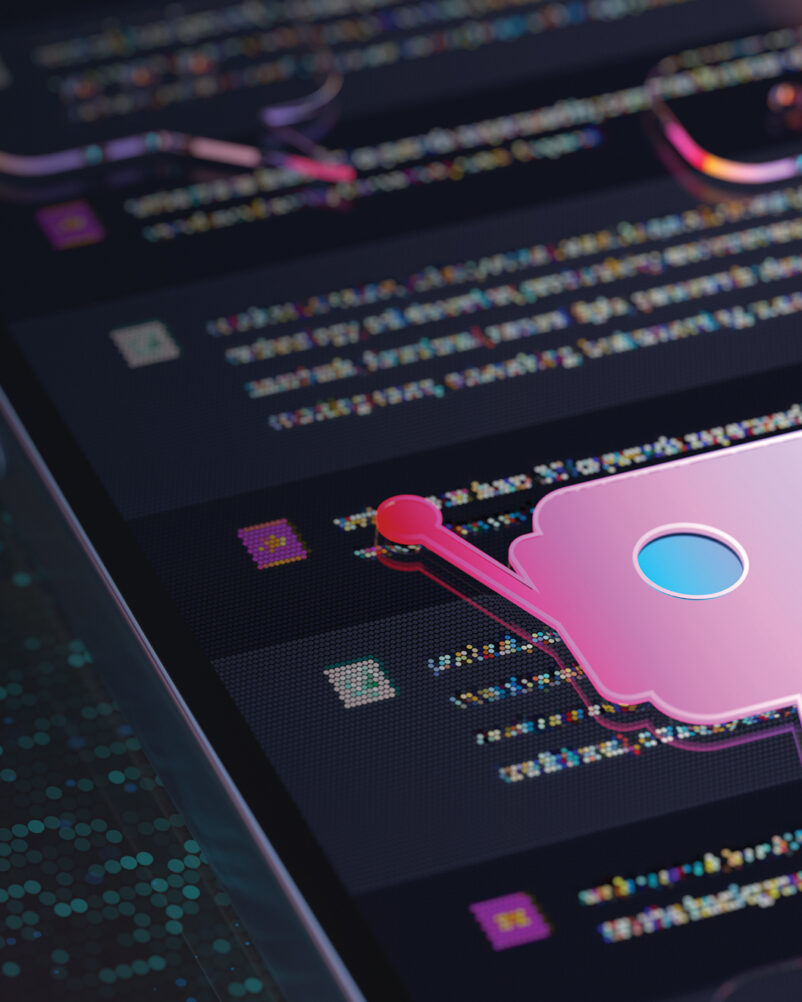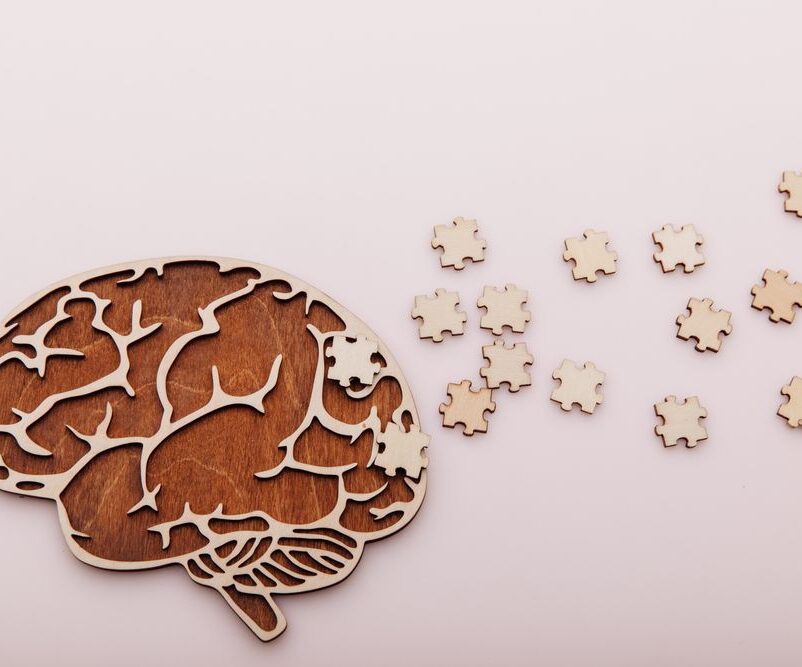
Many conversations are happening these days about artificial intelligence’s growing role in education—how to keep student-data safe, how to prevent students from using AI to cheat, and how AI tools can help educators free up time on daily tasks.
What we’re not hearing nearly enough about: How AI will—and should—transform what students learn, experts and educators said during a panel at the Education Week Leadership Symposium this month.
The biggest promise of AI is “the opportunity to rethink education and rethink why we do what we do, what we teach, how we teach it,” said Pat Yongpradit, the chief academic officer at Code.org and a leader of TeachAI, an initiative to support schools in using and teaching about AI. This is “a moment in time where the whole world is changing because of AI,” he said.
Schools have been wrestling with whether to change how—and what—students are taught since “kids started Googling things and Wikipedia and everything else,” said Tara Nattrass, the managing director of innovation strategy at the International Society for Technology in Education.
“Now, it isn’t just content that’s readily available. It’s the creation [of content that] is readily available,” Natrass said. “And if those two things exist, then we really need to shift to a mindset where we’re focusing on problem-solving. We’re focused on critical thinking. We’re focused on creativity. And that’s hard, right? We’ve been talking about those things for decades. … Now, I think we are seeing the tipping point of where we have to address that challenge.”
But Nattrass, who has been working with districts nationwide on how to approach AI, worries that this part of the discussion is lagging.
“The conversations we’re having about AI right now are about efficiency, as opposed to pedagogy,” she said.
For more on the discussion of AI and its potential to reshape what—not just how—students learn, check out the video above.



